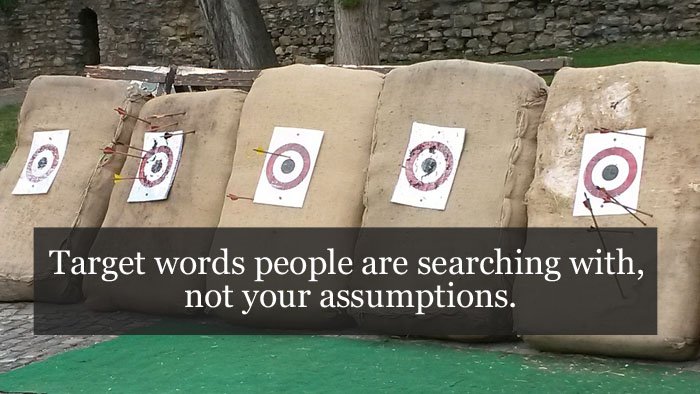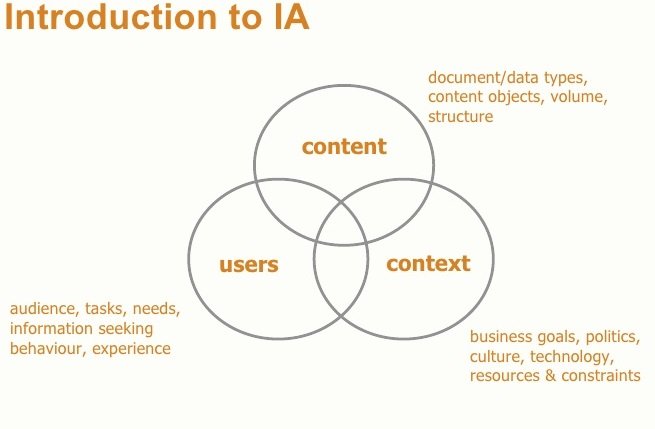Have a blog – Check
Created FB page – Check
All done & going well. Why do most websites still fail?
Simple answer – What matters more is what happened before creating and marketing your website.
As many as four out of five websites on the web are bound to fail for a particular reason. Interestingly, over 70% of the websites fail because of no preparations before creating one.
Here are three most prominent reasons why they fail.
1. Professional Keyword Research Ignored
It goes without saying that before you start generating any content, you must consider your target audience and think about the keywords they will use to find your site. The first step is getting a professional keyword research done the moment you decide to go online; irrespective of being an established offline business already or trying a new idea.
Keyword research gives you almost an exact idea and data on what keywords people are using just to get a feel and comparison of the products or what query they will enter with a buying mindset.

A good keyword research will give you clear segregation of these search terms that you can use in planning your website information architecture, website copy, social media, blog etc. Such professional keyword research uses more than one trusted keyword tools instead of running just Google keyword planner. discover (find – prefer using easier words) your website.
Having a keyword research done professionally can maximize returns on not only your marketing and search engine optimization campaign but also helps you write the best website copies that convert the most.
Best of the websites are likely to fail if they are done without keyword research as the first step of your web presence.
2. Ignoring Information Architecture
Look at these interesting facts!
90 out of 100 website owners do not even know what is information architecture.
80 out of 100 website design and development companies do not know or have expertise to create information architecture
90 out of 100 website owners assume/expect/rely upon web development companies to plan and decide what kind of website will work for their business.
A blunder that leads to nothing but either loss of money, time and resources along with website makeover very soon or a business owner believing websites and online marketing are useless stuff.
Let’s get to the point now. What is this information architecture?
It’s the art and science of organizing websites and web properties for a great user experience. It’s about aligning the content and flow of the website based on research and planning to get maximum positive actions from users and referrals such as search engines and social media.

The deliverables of information architecture will be detailed site-maps, user-flow, easy yet keyword oriented page labels and wireframes. And everything is based on actual data and research. No opinions and assumptions.
So, this was the second step before you go ahead with design and development.
3. Missing Content That CONVERTS
Most of us think of search engines and word-count before real users of the website when it comes to website content. The fact is – Wordcount on website doesn’t matter!
Your website users first want to make sure if they are the right site and if it will serve their purpose. They are surely not to read the stories unless it is a blog.
When the websites are in question, think about the easiest, fastest and shortest copies that can convey your message really fast and in a clear manner.
Write only enough that completes your message and answers their question. Use the longtail keywords to match with their query and win their engagement.
Use blogs to educate, explain and write longer stories. That’s the place where they come with a made up mind to read and spend time.
The best website content is something that’s optimized for real users and search engines both using the simplest language.
Remember, people convert faster when you talk to them in their routine language keeping the focused keywords in conversation. And when it is winning the prospects, less is more. Investing in professional copywriters will be all worth since copy represents your brand.
Clarity, brevity & focus matter more than the wordcount in a web copy.
Now when you know this and own a website, did you get these three pre-website steps done? Time to think! And make a move sooner than later.
Looking forward to see your thoughts on these mistakes. Would love to be of help if you need. I am also glad to help with free website analysis and share one insight about your website that would make a big difference. Just email me your website url at hello@sunitabiddu.com

Sunita Biddu is a digital business coach and power blogging mentor helping coaches and small business owners. She helps with building a strong and profitable online presence and reputation that creates a self-sustaining business. Sunita writes on this blog once a week about easy-to-use guides and articles about business, coaching, social media and blogging. You can grab some of her free resources and ebooks from the resources section.
